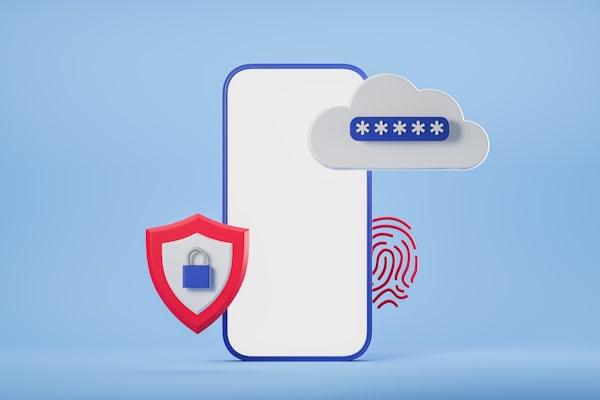
In B2B businesses, buyers not only look to the products or services of a business, but they also want assurance that their data is free from breaches and any security threats. For this purpose, security questionnaires play a great role as they contain hundreds of detailed questions that need to be answered by the vendors to close the deal. These questions protect data from breaches but at the same time, they are an overwhelming task to do as it may take several days. Filling them manually is also prone to errors and slows down the B2B sales process. That is where security questionnaire automation comes in. It helps vendors to fill in security questions automatically with the AI-Powered Features for Security Questionnaires to build trust, accelerate responses, and close a deal.
In this article, we will see how the security questionnaire automation is increasing the B2B sales process.
How is the Manual Questionnaire a Sales Bottleneck?
To most companies, a sales process comes to a standstill once a security questionnaire is received. Compliance, IT, and legal departments rely on sales teams to answer, but it can take days or weeks to pull together responses. Any delay is a threat to losing momentum with a prospective client. Poor responses or incomplete responses may destroy credibility. These delays in highly competitive markets can lead to prospects switching to competitors moving at a faster speed.
How Security Questionnaire Automation Speeds Up B2B Sales Cycles
Here is how security questionnaire automation increases B2B sales:
Automation Decreases Response Time
Speed is one of the largest benefits of automation. Automation platforms do not have to rewrite every response anew; stored in a centralized knowledge base are the pre-approved responses. The system can auto-populate the answers when a new questionnaire is submitted, which saves several hours of manual work in a few minutes. This not only helps sales teams have deals proceed without undue delay, but also lessens the workload on the technical specialists.
Assurance of Accuracy and Trust
Security questionnaires must be very accurate. The tiniest mistakes will sound warning bells to prospective customers. Consistency is achieved through automation when drawing responses from the most current and valid sources. Not only does this eradicate the possibility of obsolete or contradictory information, but it also demonstrates that the vendor is concerned about security. This, in its turn, creates trust and confidence – two of the key elements that are required when making deals in the context of B2B sales.
Smooth Interaction amongst Teams
Security questionnaires need to be answered by various stakeholders, including IT leaders and compliance managers. In the absence of automation, such cooperation usually implies interminable email chains and updates in spreadsheets. Automation platforms give teams a centralized working environment where they can work more efficiently. And all are visible, all are accountable, and nothing is accomplished by unnecessary to and fro.
Remain On Top of Compliance Requirements
Rules and security regulations change quickly, and the maintenance of questionnaires is a continuous challenge. With automation tools, updates can be injected into the response libraries, and all answers are based on the latest policies and certifications. This allows businesses to remain in line and also demonstrates to prospects that they are active and trustworthy partners.
Shorter Sales Turnover, Greater Revenue
In the end, the automation relies on revenue. Companies can expedite the process of conducting deals by increasing the pace at which questionnaires are answered, eliminating the possibility of missing a prospect because of delays. Instead of running around to find compliance responses, sales teams can work on relationship building and contracting. The accelerated sales cycles translate to higher cash flow, increased competitiveness, and customer satisfaction.
Bottom Line
In this digital-first world, security questionnaires are an essential part of conducting business. Although these may pose challenges to sales teams, automation is turning them into an opportunity rather than a bottleneck. Automation will allow companies to build trust and make deals faster, more accurately, and consistently. Security questionnaire automation is no longer a luxury in B2B sales, where speed and credibility count for everything.








